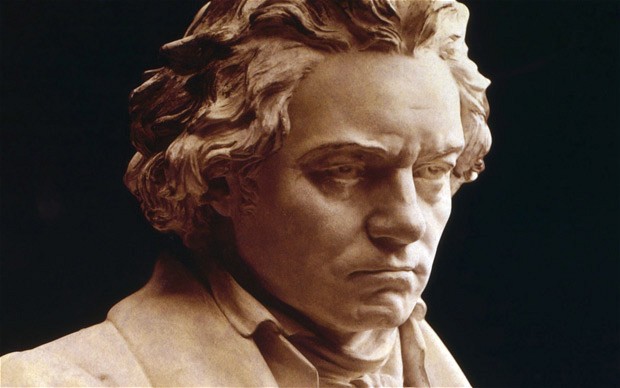Music and Humor
Leonard Bernstein masterfully explored the subject of humor in music in one of his Young People’s Concerts. The episode takes listeners on a musical tour from Haydn and Rameau to Brahms, Mahler, Prokofiev and Shostakovich and offers insight into why we find certain music funny. To this day, no one has done more for music education than Bernstein. Watching these programs, which originally aired on CBS in the late 1950s, you can sense Bernstein’s passion and …


